The Eurovision Song Contest has produced more than its fair share of controversial moments, particularly where the winning song is concerned.
While choosing the ‘best song’ is undoubtedly subjective, the history of Eurovision is littered with examples of songs that should have won. Here are some of the best that didn’t.
Nel Blu Dipinto di Blu (Volare) – Domenico Modugno – Italy – 1958
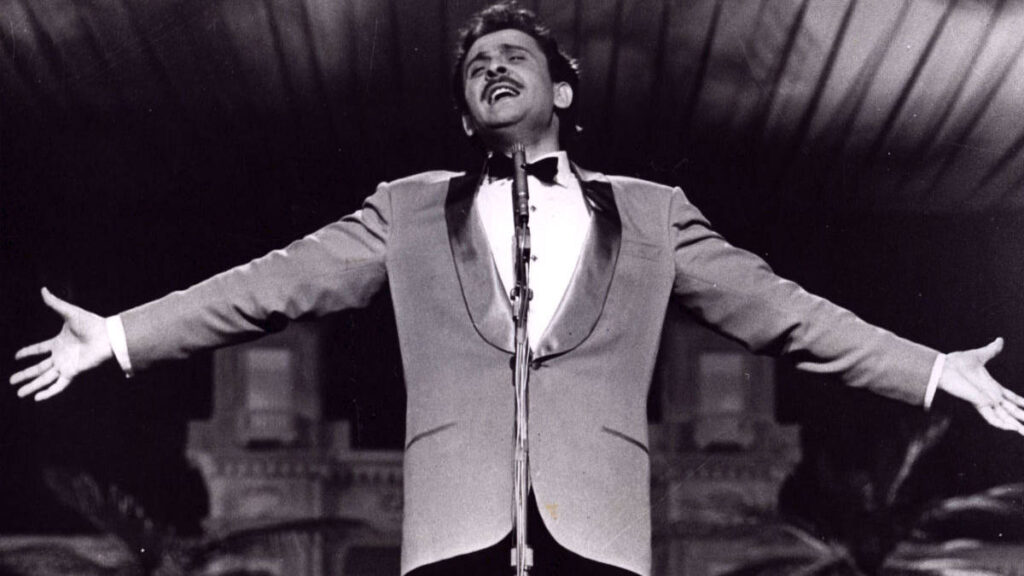
When Modugno performed Nel Blu Dipinto di Blu (Volare) at Eurovision in 1958, he could not have imagined the impact it would have.
He finished third behind France and Switzerland with just 13 points – a shocking result for a song that has become renowned around the world.
Frank Sinatra, Dean Martin, Luciano Pavarotti and Barry White are amongst a stellar list of names who subsequently covered this timeless classic.
As highlighted by recent research by Betway, Italy broke their duck at Eurovision in 1964 but that would have been no consolation to Modugno.
Are You Sure? – The Allisons – United Kingdom – 1961
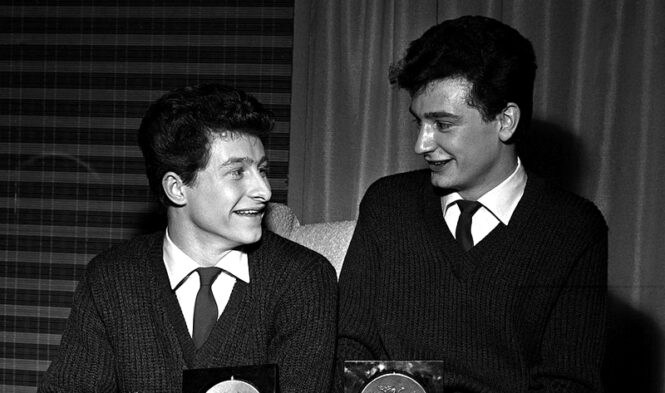
The UK has suffered plenty of frustration at Eurovision, with a string second place finishes suggesting the country is a little cursed.
One of the biggest upsets came in 1961, when British pop duo The Allisons performed the brilliant Are You Sure? in France.
They finished seven points behind France in the final voting, despite many pundits claiming they were the best act on the night.
Are You Sure? was subsequently released as a single, going straight to number one and staying in the top four for 11 weeks.
Ring Ring – ABBA – Sweden – 1973
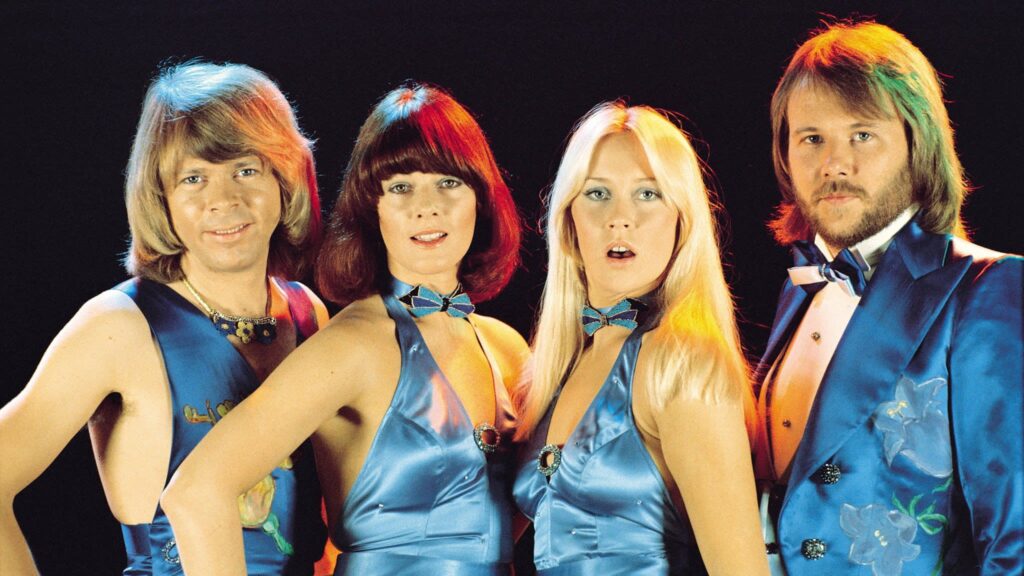
As Eurovision howlers go this one is right up there, with Sweden failing to choose ABBA as its entry for the 1973 contest.
American songwriter Neil Sedaka penned the lyrics for the English version of Ring Ring, but it only finished third to miss out on the Grand Final.
Undeterred, ABBA returned the following year with Waterloo and swept to a comfortable victory ahead of Italy.
They subsequently became global superstars, making their failure to be chosen in 1973 an even more ridiculous decision.
C’est le Dernier Qui a Parle Qui a Raison – Amina – France – 1991

The 1991 edition of Eurovision saw one of the most controversial finishes to the contest, with French entry Amina Annabi denied victory after a tie-break.
France and Sweden both received 146 points, so a countback method was introduced to try and split the two entries.
Both countries received four sets of 12 points, but Sweden received five sets of 10 points to France’s two, so they were declared the winners.
Current tie-break rules would have given the victory to France as they received points from 18 out of 22 countries compared to 17 for Sweden.
Michael Ball – United Kingdom – One Step Out of Time – 1992
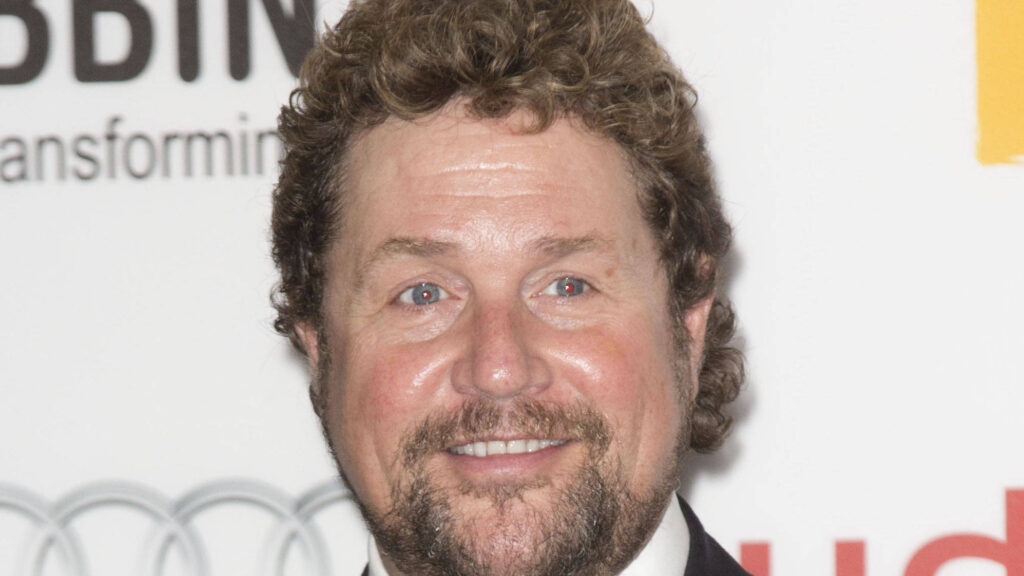
After a couple of disappointing results in the previous two years, the UK pulled out the big guns by sending Michael Ball to Sweden in 1992.
However, Ball could only finish second as Ireland’s Linda Martin stormed to an impressive victory by a 16-point margin.
Martin had finished second in 1984 and was performing a song composed by Johnny Logan – who won Eurovision in 1980 and 1987.
In any other year Ball would probably have been a runaway winner, but Martin and Logan ensured he was just one step out of time!
Playing With Fire – Paula Selling and OVI – Romania – 2010
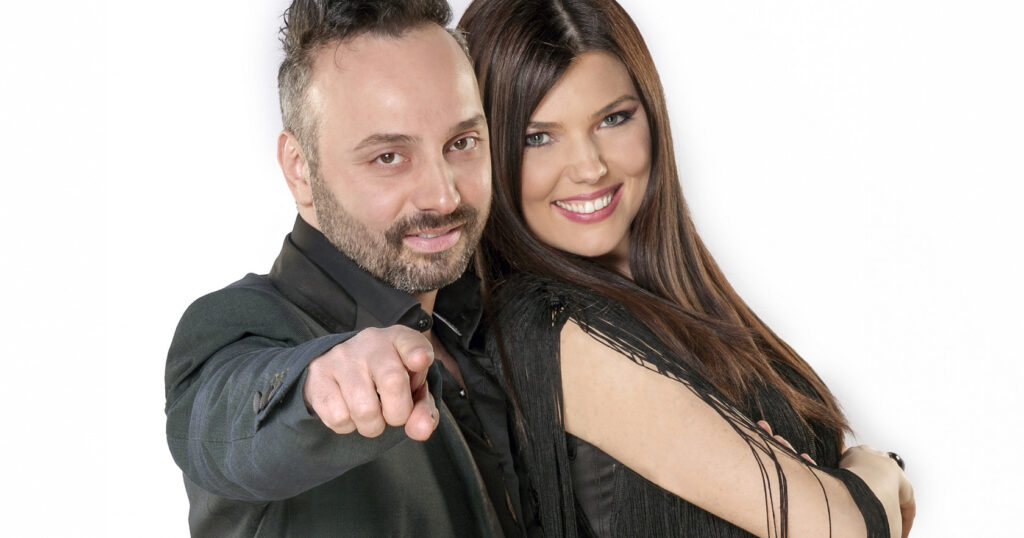
Paula Selling and OVI were a massive success in Russia and went into Eurovision 2010 as one of the favourites to claim top spot.
However, German singer Lena finished first with Satellite, leaving Romania in third position behind the Turkish entry.
The internet has been awash with conspiracy theories since then, with fans claiming something shady had gone on with the voting.
Selling went on to have a successful career after Eurovision, but the defeat in Norway must still niggle her just a little.
Popular – Eric Saade – Sweden – 2011
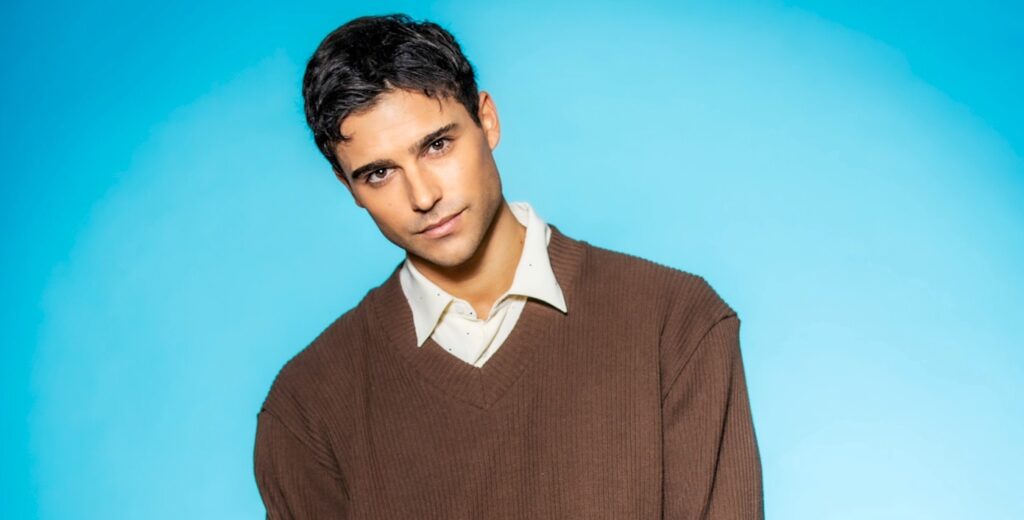
Saade was attempting to become Sweden’s fifth Eurovision winner in 2011, but he could only finish third behind Azerbaijan and Italy.
His cause was not helped by some questionable voting by the juries, who somehow conspired to place his song Popular ninth in their rankings.
He was just a couple of points behind Azerbaijan in the public vote, highlighting how far out of sync the jury votes were.
Saade could console himself with finishing way ahead of UK boy band Blue, who finished in 11th place with 100 points.
Fuego – Eleni Foureira – Cyprus – 2018

Controversial decisions do not come any greater than the one which determined Eleni Foureira would finish second at Eurovision 2018.
She was beaten to top spot by Israel’s Netta with the quirky Toy, which will go down in history as one of the worst songs ever to win Eurovision.
By contrast, Fuego was a bona-fide Lady Gaga type banger that deserved much better than being defeated by a tuneless novelty song.
Foureira’s second place finish is the highest position Cyprus has ever secured at Eurovision, but it should have been a victory.
Sam Ryder – Space Man – United Kingdom – 2024

Ryder was a class act after finishing second behind Ukraine at Eurovision 2024, saying that their symbolic victory mattered more than his own success.
However, his Space Man was unquestionably the best song of the night – a point cemented by the juries who had it way out in front.
Despite Ryder’s finishing position, his efforts were a welcome return to form for the UK following a dismal run at Eurovision.
Katrina and the Waves were the UK’s last winners in 1997, but Ryder showed that success is still possible if you choose the right song.
 Imagup General Magazine 2024
Imagup General Magazine 2024



